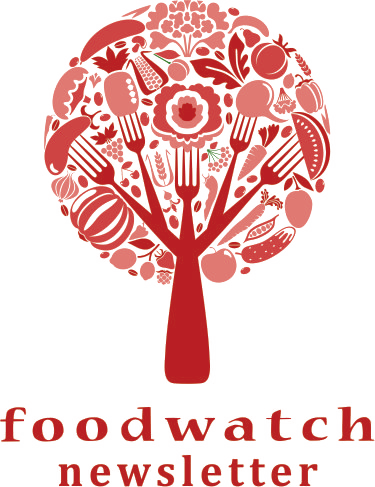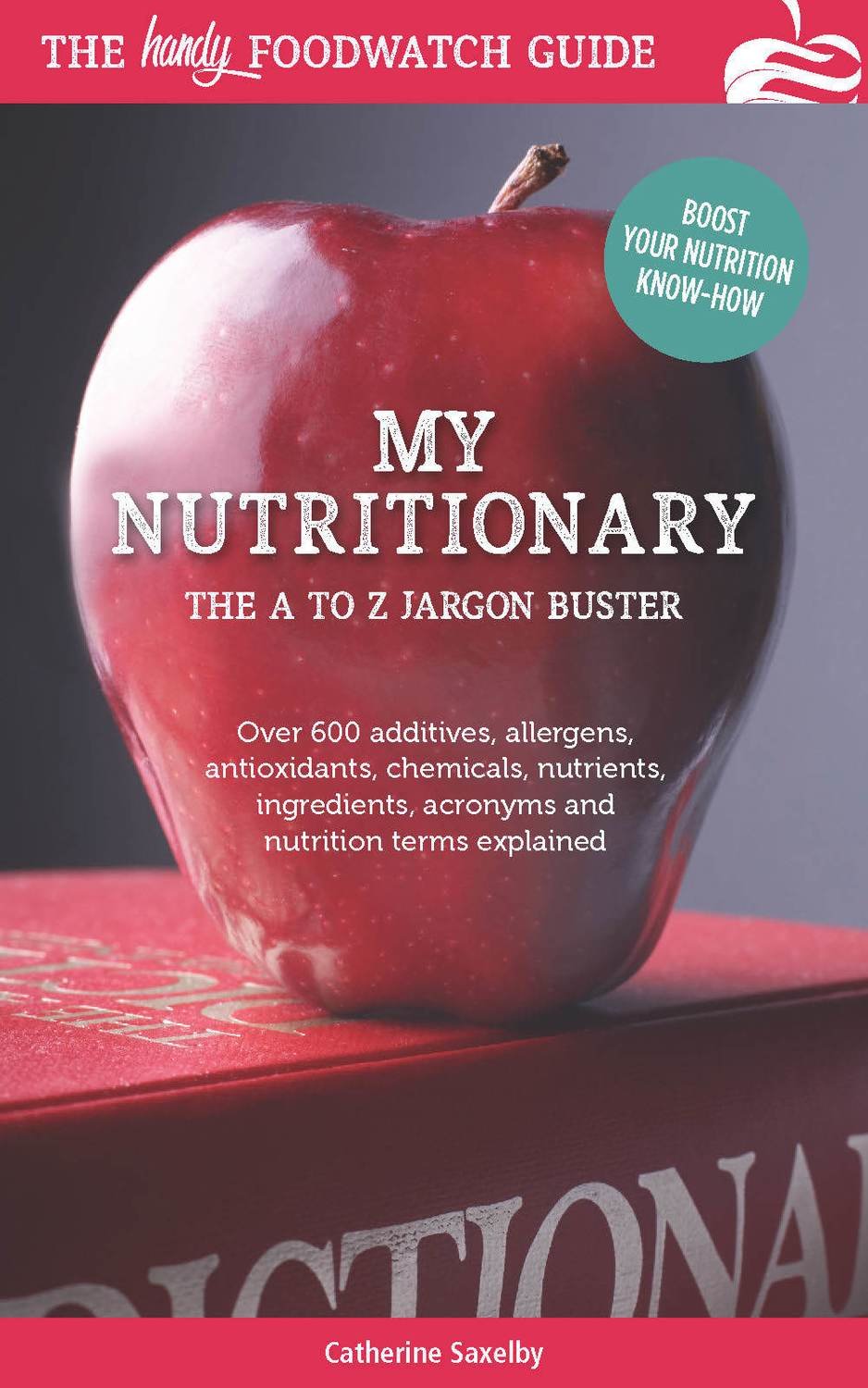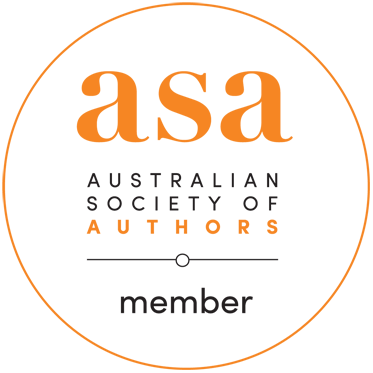- Home
- Blog
- Medical Diets
- Q. Is cornflour OK for me as I’m on a gluten-free diet?
Q. Is cornflour OK for me as I’m on a gluten-free diet?
Written by Catherine Saxelby
on Friday, 17 May 2013.
Tagged: additives, carbohydrates, food labels, gluten, gluten-free, health, healthy eating, healthy lifestyle, special diets

A. In Australia, products sold as “cornflour” were once always made from wheat, as wheat was the dominant grain grown. These days, however, many of the cornflours at the supermarkets are now produced from corn or maize (its alternative name).
In the US, cornflour is called corn starch, which is a better descriptor as it is the starch obtained from the inner endosperm of the wheat or maize kernel. Cornflour is a very fine white powder and a common kitchen ingredient used to thicken sauces and soups. You buy it in a pack at the supermarket and it's quite inexpensive.
It has little nutritional value being almost entirely pure carbohydrate.
What to look for on the label
So if you are aiming to avoid wheat, then look for a cornflour which is labelled made from maize or "gluten-free". You'll spot the wording “Maize cornflour” or "Gluten-free" on the front somewhere or else on the list of ingredients on the back of the pack.
Alternatively rice flour or ground rice or arrowroot are also excellent thickeners and binders and have the added bonus that they don't go lumpy.
To help people with food intolerances, almost all thickeners and starches in commercial foods are today derived from maize or potato or tapioca, not wheat. Again make sure you check this for yourself on the label – the list of ingredients should say:
THICKENER FROM MAIZE
or
THICKENER FROM POTATO
Note: The word “corn” has historically been used to describe all grains in general which is how “cornflour” got its name in the first place.
You may also be interested in...
 Like what you've read so far?
Like what you've read so far?
Don't miss a post. Sign up for Catherine's eNewsletter and get the latest Foodwatch news, product reviews, recipes and special offers direct to your inbox each month. It's free. Plus you'll receive Catherine's 26-page ebook "Cut the CRRAP - How to limit your intake of ultra-processed foods".
You can unsubscribe at any time and we never give your details to any third party.
About the Author
Catherine Saxelby has the answers! She is an accredited nutritionist, blogger and award-winning author. Her award-winning book My Nutritionary will help you cut through the jargon. Do you know your MCTs from your LCTs? How about sterols from stanols? What’s the difference between glucose and dextrose? Or probiotics and prebiotics? What additive is number 330? How safe is acesulfame K? If you find yourself confused by food labels, grab your copy of Catherine Saxelby’s comprehensive guide My Nutritionary NOW!
The Good Stuff
The Boring Stuff
© 2023 Foodwatch Australia. All rights reserved
Author photo by Kate Williams
Website by Joomstore eCommerce













